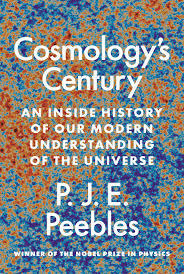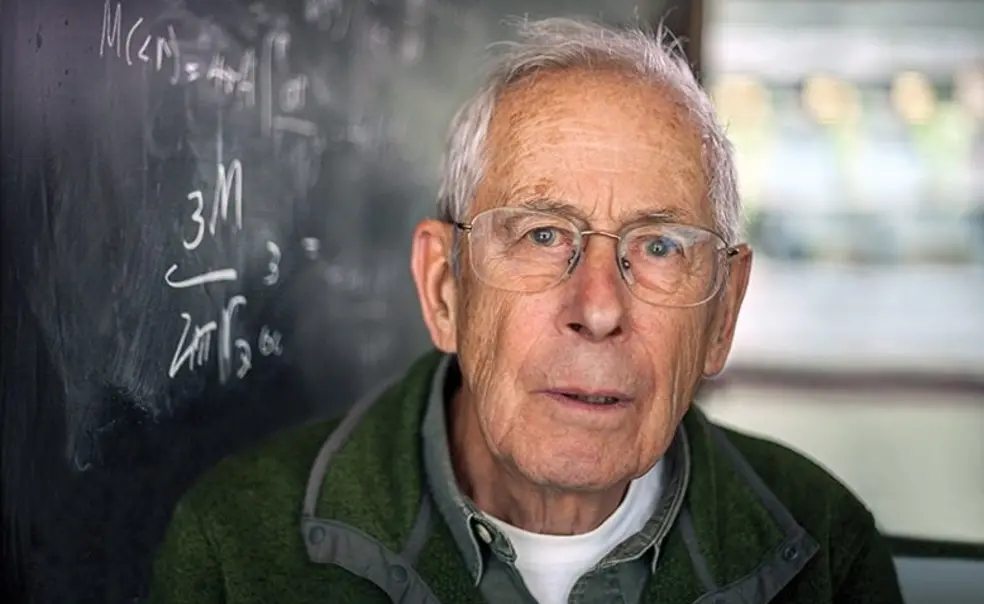James E. Peebles *62's Guided Tour Through Cosmology
The book: A century ago, Albert Einstein laid out the foundations of modern cosmology with the general theory of relativity and the notion of a homogenous, philosophically satisfying cosmos. Over the past 100 years, astrophysicists built on his work in a series of discoveries — some wholly deliberate and others stemming from lucky guesses.
Cosmology’s Century (Princeton University Press) is a catalog of that century from one of its prime movers: James Peebles *62, who led in key discoveries involving radiation from the Big Bang, the distribution of ordinary matter, and the presence of a new kind of dark matter. In this book, Peebles recounts those discoveries and explains where theory remains incomplete.

The author: James Peebles *62 is a Nobel Prize-winning astrophysicist who is the Albert Einstein Professor of Science, Emeritus at Princeton University. He has contributed to several breakthroughs in understanding our universe and is one of the most respected scholars in his field. Professor Peebles spent his entire career at the University, where he completed his dissertation under Robert Dicke ’39.
Opening lines: The story of how cosmology grew is fairly simple, compared to what people have been doing in other branches of science, but still complicated enough that sorting it out requires a better plan than the common practice in science. Papers reporting research in cosmology and other parts of physics usually begin with an outline of what came before. Abandoned ideas and roads not taken are seldom mentioned, and there is a natural human tendency to follow patterns of attributions found in introductions of other recent papers. This builds evolving creation stories that efficiently set the current context for the research to be described. We tell these creation stories in the classroom for a quick introduction to what we are really interested in: the nature of the science. But the stories tend to be at best only vaguely related to what actually happened. Their gross incompetence may not be a problem for ongoing research, except of course when good ideas have been overlooked or abandoned and lost. But the creation stories leave a woefully incomplete and inaccurate impression of how science is done.
Reviews: “A wonderful, rich, and riveting account of the history of modern cosmology by a key player who shaped the field. Peebles writes with characteristic clarity and humility. An absolute must-read for all.” – Priyamvada Natarajan, astrophysicist and author of Mapping the Heavens: The Radical Scientific Ideas That Reveal the Cosmos












No responses yet